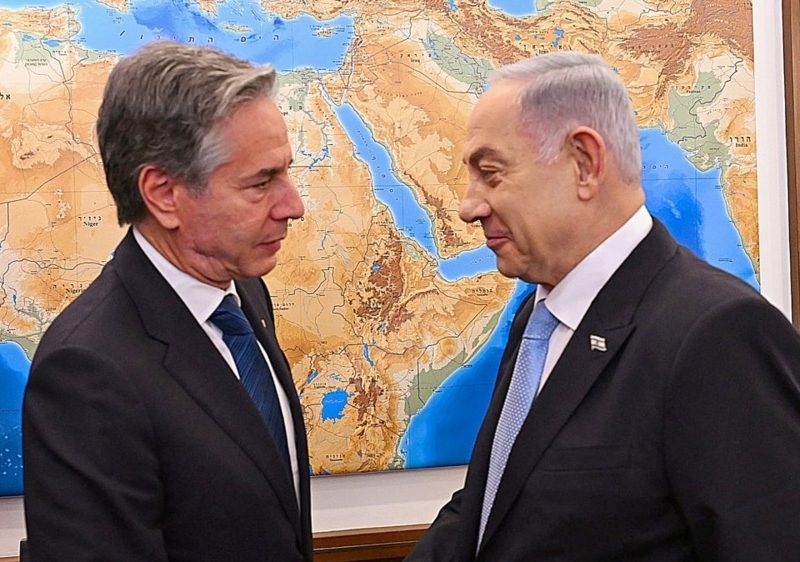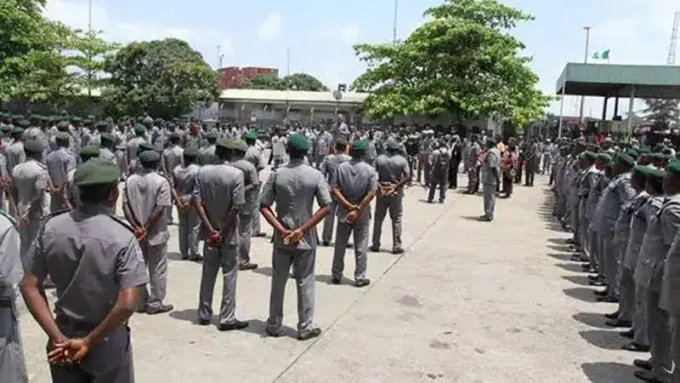The Middle East has experienced escalating tensions, prompting intensified diplomatic efforts aimed at achieving peaceful resolutions. The United States, under the Biden administration, has been at the forefront of these initiatives, engaging with regional leaders to stabilize the situation.
Secretary of State Antony Blinken has been actively involved in diplomatic talks with leaders from the United Arab Emirates, Lebanon, and Jordan. These discussions have focused on resolving the Gaza conflict, facilitating humanitarian aid, and ensuring the implementation of UN Security Council Resolution 1701, which aims to prevent further hostilities between Israel and Hezbollah. Blinken emphasized the urgency of diplomatic solutions to enhance regional stability and protect civilians amid escalating tensions.
In parallel, U.S. Special Envoy Amos Hochstein has been working with Lebanese and Israeli officials to develop a lasting solution to the conflict between Israel and Hezbollah. This effort seeks to build upon the commitments outlined in UN Resolution 1701, which was initially implemented in 2006 to establish a weapons-free zone in southern Lebanon. Hochstein’s initiative aims to address the shortcomings of the original resolution and prevent future escalations.
The United Nations has also been actively involved in mediating the situation. UN Secretary-General António Guterres has called for maximum restraint from all parties and emphasized the necessity of diplomatic initiatives to reduce regional tensions. The UN has convened emergency sessions to address the situation, with members debating potential resolutions aimed at de-escalation.
Regional actors have played a significant role in these diplomatic efforts. Oman, known for its neutral stance, has urged Western powers to exert more pressure on Israel to end its military offensives against Hamas and Hezbollah. Omani Foreign Minister Badr Albusaidi emphasized the moral obligation of Western countries to apply constraints on Israeli aggression, highlighting the root cause of regional instability as Israel’s occupation of Palestinian land.
China has also expressed concern over the escalating tensions, calling for an immediate ceasefire and urging all parties to refrain from aggressive actions. The Chinese government has emphasized the importance of a comprehensive, just, and durable resolution to the Palestinian issue as a fundamental step toward lasting peace and security in the Middle East.
Despite these concerted diplomatic efforts, challenges remain in achieving a comprehensive and lasting peace in the region. The complex web of conflicts, historical grievances, and geopolitical interests continues to pose significant obstacles to de-escalation and resolution. However, the ongoing international and regional diplomatic initiatives underscore a collective commitment to addressing the underlying issues and striving for a peaceful resolution to the Middle East’s longstanding conflicts.












Do you think peace talks in the Middle East will actually lead to lasting peace or just temporary calm? Lets discuss!
Do you think diplomatic efforts can really bring peace to the Middle East? Or are we just spinning our wheels? 🤔
Should we really trust diplomatic efforts in the Middle East? History has shown its a cycle of hope and disappointment.
Can we really trust diplomatic efforts in the Middle East? Seems like a never-ending cycle of tension and peace talks.
Shouldnt we focus on supporting local grassroots movements in the Middle East? Diplomatic efforts can only go so far. #Peace
Is peace in the Middle East just a pipe dream? Lets discuss over some virtual coffee and brainstorm some solutions!
Can we really trust diplomatic efforts in the Middle East? Seems like a never-ending cycle of tension and peace talks.
Is peace achievable in the Middle East or just a distant dream? Lets discuss the complexities and possibilities.
Do you think peace talks in the Middle East are just a facade for further conflict? Lets discuss!